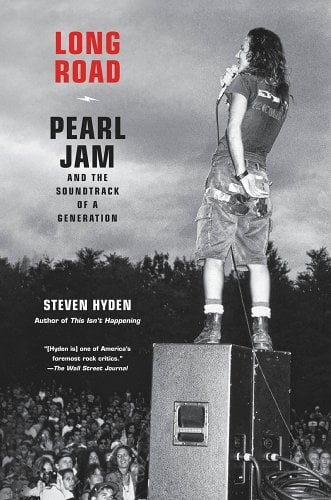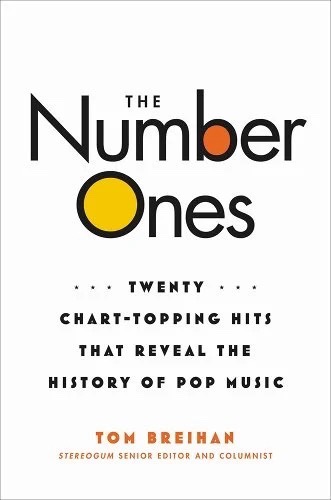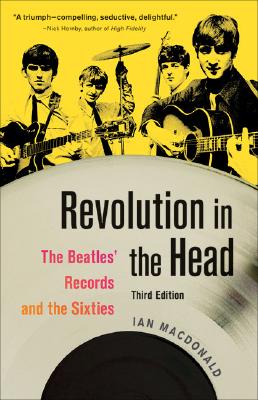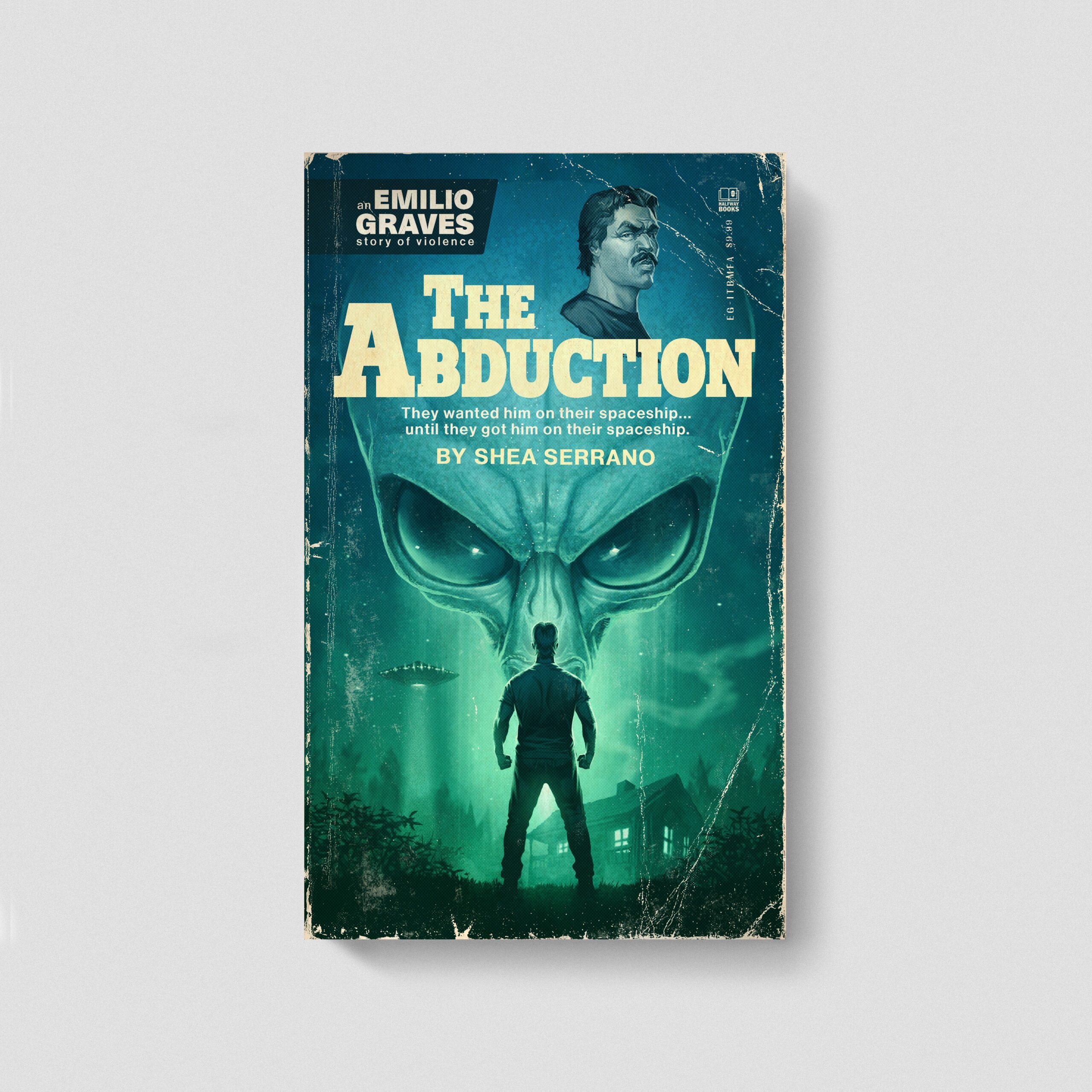Reader’s Notebook, 12/8/22

Long Road: Pearl Jam and the Soundtrack of a Generation – Steven Hyden
One of two books I loaded onto my Kindle for our Italy trip, and the only one I really read much of, mostly on the train.
This is Hyden’s take on the story of Pearl Jam, told through chapters that each center on one song selected from their catalog. It is less an updated comprehensive history of the band – there are plenty of those books already – than an attempt to take elements of that history and use them to explain how PJ carved out such a unique place in music history.
They were the biggest band in the world within a couple years of formation, selling albums in numbers that wouldn’t be matched until the Boy Band boom of the late ‘90s. Then they intentionally threw much of it away, making decisions based on (sometimes misguided) principles or with their mental health rather than chart success in mind. By the turn of the millennium they had turned themselves into one of the most popular tour acts in the world despite their singles and albums not being anywhere near as successful as their early ‘90s releases. That road strength persists; they can tour pretty much whenever/wherever they want and count on selling out every show. And while their 2020 album Gigaton got the best reviews of any album they have released this century, it still barely registered outside their fanbase.
What made PJ unique was that they never imploded, broke up, or let their personal demons derail them. They also did not try to make albums that would still connect with the broader public, as say U2 has done, often issuing “difficult” songs as the lead single from albums to dampen mainstream interest. Nor have they specifically mined their extensive back catalog to ramp up interest, as U2 did with their Joshua Tree tour, or other bands have through “Farewell” tours. Their path was to declare that they were going to play super long concerts that were never the same combination of songs, and pour their hearts into those performances, making them truly unique events that created a deeply dedicated and motivated world of followers who constantly fill the arenas and stadiums where PJ play.
As a fan of the band, I enjoyed revisiting some of the stories from the band’s early days that I had forgotten about. And while I continued to purchase their new albums up until Gigaton (Which I streamed quite a bit upon its release) I’ve not kept up as much with their backstory, so those sections of the book were filled with tales that were new to me. It’s worth noting that Hyden is a much bigger fan of the band’s later work than I am, so his assessment of some of those more mature songs was a nice counter to my feelings about them.
If you’re a Pearl Jam fan, or just want to figure out why they ended up with their unique career arc, this is a well-written and highly engaging relatively quick read.

The Number Ones – Tom Breihan
My man Tom expanded his Stereogum column into a broader work. Here he took what he felt were the 20 most important or influential Number One hits of the Billboard Hot 100 era and went into greater detail than in his columns.
He selected these 20 for how they changed music, how they were inflection points that made everything that came after different from what came before. This feels like a difficult exercise as the importance of songs is highly subjective. I think he gets most of these selections right, or at least he justifies them with plenty of evidence to sway the doubters.
His Stereogum column is a national treasure. I’ve read it faithfully until just recently, as he’s reached a point in music history – the mid–2000s – where I was less connected with pop music than I have ever been. But I know as he gets a few years closer to the present and artists come along that I know more about, I’ll dive back in and read every word of those entires. I’m glad he got a book deal out of the gig.

Revolution in the Head: The Beatles’ Records and the Sixties – Ian MacDonald
I mentioned last month I had been slowly working through a book that was heavy in music theory. This was that book.
I discovered it after watching the Get Back documentary last year as several writers suggested it as a good companion piece. In it MacDonald works through every song the Beatles ever recorded, in chronological order, and comments on them and the albums they came from. I started reading it in January, figuring I would work through it casually between other books. That’s exactly what I did, sometimes reading it several days in a row, other times not touching it for weeks. I finally finished it on December 2.
I’ve read plenty of Beatles books, but this was a very different perspective. What I did not expect was how heavy into music theory it was, with MacDonald breaking down songs into very technical components that I, as a non-musician, do not understand. That made it tough to read. MacDonald was also a bit of a curmudgeon, and as much as he admired the Beatles best work, he also skewered many of their songs that are considered classics by most.
My technique for the book was to read each song’s entry, then listen to the song, another reason it took so long to get through it. I did so sitting at home, waiting in the car for a kid to finish practice or an appointment, on planes to/from Europe, by the pool, waiting for an oil change at the auto dealership, and probably some other locations I’ve forgotten. I’m not sure how much the book added to my Beatles knowledge, but it certainly kept me listening to their music throughout the year, as I think my year-end music stats will reflect.

The Abduction – Shea Serrano
A very short, very dumb story from one of the funniest men on Twitter. It was perfect.